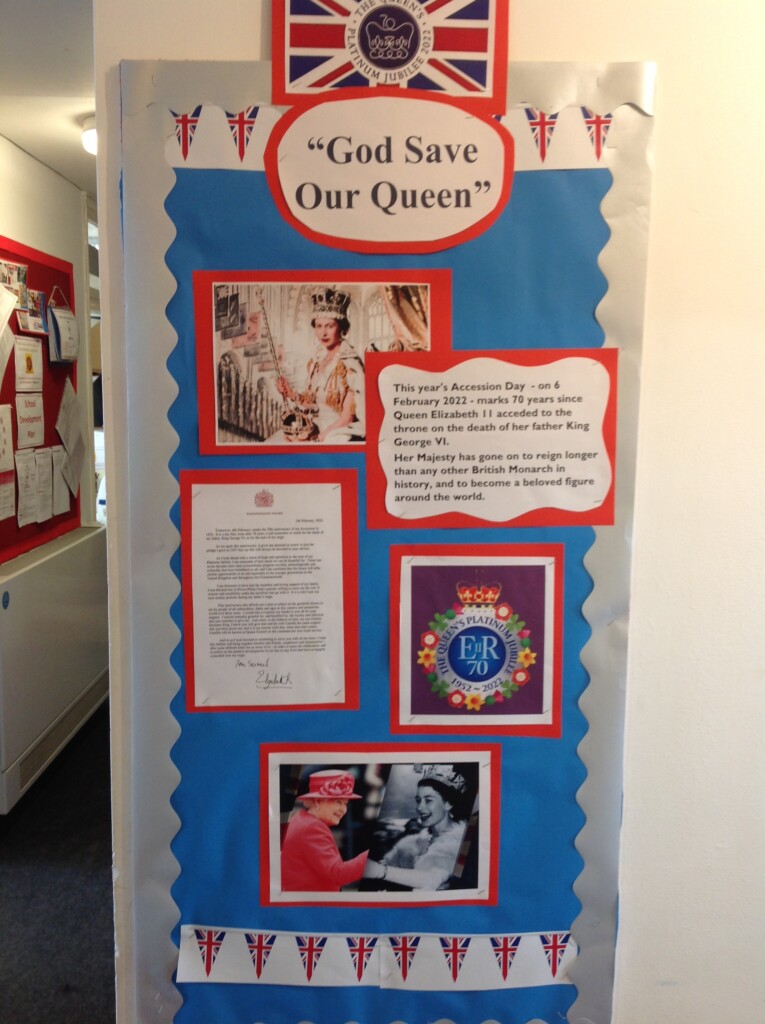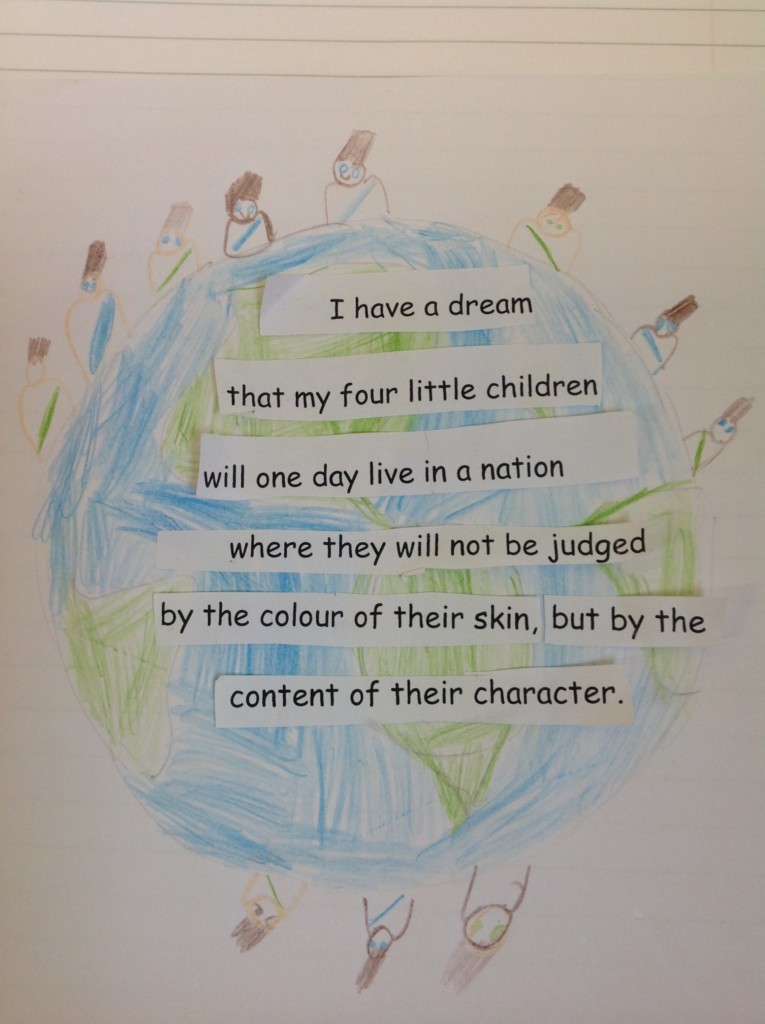In 2014 the Government set out its definition of British Values. These values are modelled and consistently reinforced at St Andrew’s in the ways listed below.
Also linked below is a presentation of our British Values in action:
British Values in Action (7.54MB)
Democracy
Every child has a voice that is listened to at St Andrew’s through:

- Offering their opinions within the forums of Class and School House Meeting discussions, via the mouthpieces of their Year 6 Leadership team, which includes School Captains, House Captains, Spiritual leads, Eco leads, Sport Ambassadors and Librarians
- Year 6 Spiritual Leaders and the Faith factory lead Collective Worship and children of all ages independently lead prayer.
- Young Leaders (Year 5) are trained to lead the organisation of playground games and to look after equipment.
- All children, led by the Eco Warriors and Eco Club look after our school environment and canvas opinion and instigate action on such issues as sustainability and recycling.
- The children independently complete an annual Pupil Questionnaire and, after responses have been analysed, those expressing common concerns meet with the Headteacher to find ways of addressing these and of finding appropriate solutions.
- Pupil voice curriculum studies canvas opinion on the effectiveness of our curriculum, whether it has inspired and been enjoyed and how we can improve it.
- Teamwork is modelled by staff and constantly and consistently encouraged in the children. Every member is of equal importance, whatever their contribution; every voice is heard; and every opinion valued, even when it is not agreed with!
- Our Behaviour Policy proactively rewards considerate and collaborate action – whether in class, on the playground or around the school. ‘House Points’ can be awarded by any member of the school family, including – on occasions – the children themselves.
- We endeavour to instil in every child the knowledge that however small they are, they have the ability to make a difference – and they DO.
- Issues of democracy in the world beyond school are focused upon in an age-appropriate manner and parallels are drawn with life in school.
Rule of Law
- In school our rules are very simple and centre upon the Christian values of love and forgiveness.
- Nevertheless, the importance of ‘laws’ to govern the class, school or country are upheld as important reinforced daily in the general running of the school as well as in behaviour management.
- The values and reasons behind the laws, as well as the ways in which they govern and protect us, are made apparent.
- Each class democratically decides their class rules, against which behaviour in class is judged. .
- Age-appropriate versions of our Home/School Agreement are presented and discussed on entry to each Key Stage, before being signed by the Chair of Governors, Headteacher, Parent and Child. These are reflected upon each year.
- Visits from people in authority reinforce the need for rules e.g. magistrate, PCSO, School Nurse and School Governors.
Individual Liberty
- Within school children are actively encouraged to make choices, whilst knowing that they are in a safe and supportive environment.
- Making the right choices and being forgiven and enabled to try again when they make the wrong ones, underpins our behaviour management strategies.
- Within set boundaries children are educated to make choices safely, through the provision an empowering education offering extensive opportunities.
- Pupils are encouraged to know, understand and exercise their rights and personal freedoms and are advised how to exercise these safely e.g. through e-safety, PSHE and Food Technology.
- Whether it be through choice of level of challenge; of how to record an answer; of who to work/play with; of what to have for lunch; or which of our many extra-curricular opportunities to take part in, the children are encouraged and given the freedom to make a choice and supported in living with it.
- In this way, it is our aim that our children will be able to evaluate the society in which they live and to make the informed, independent choices of good citizens.
Mutual respect
- Mutual respect is one of the core Christian values that underpin every aspect of life in our school.
- All staff treat each other and the children in our care with respect. Raised voices are very rarely heard.
- We endeavour to respect and value one another’s person, property and opinions – even and especially when it is different to our own.
- Respect underpins every aspect of our classroom and school rules, as well as our Behaviour policy.
- There are three main statements which underpin all expectations in school – is it respectful? Is it safe? Are you ready to learn?
Tolerance of those of different faiths and beliefs and those without faith
- Although as a school we have a lower than average number of minority groups represented, we fully appreciate the importance of enhancing pupils’ understanding of their place in a culturally diverse society and giving them opportunities to experience that diversity. We recognise that all humanity was created by God and is loved by Him. We should therefore love our fellow man and be tolerant of those different to ourselves.
- Collective Worship, our programme of Values Education and PSHE work emphasise tolerance and proactively and successfully educate against any form of prejudice or prejudice-based bullying, about which we are constantly vigilant.
- Representatives of different faiths and religions visit our school and share their experience in open and respectful discussion which enhances both knowledge and understanding.
- Educational visits to our own and contrasting places of worship are actively encouraged.
- Resource collections –books, DVDs and artefacts –are kept for the six major religions practised in Britain.
- The school has active links with the Fass Elementary School in The Gambia.
- The school is fully compliant with the expectations of the Public Sector Equality Duty (PSED) set out in clause 149 of the Equality Act 2010 and Governors review progress against our Equality Action Plan annually (Summer FGB).

